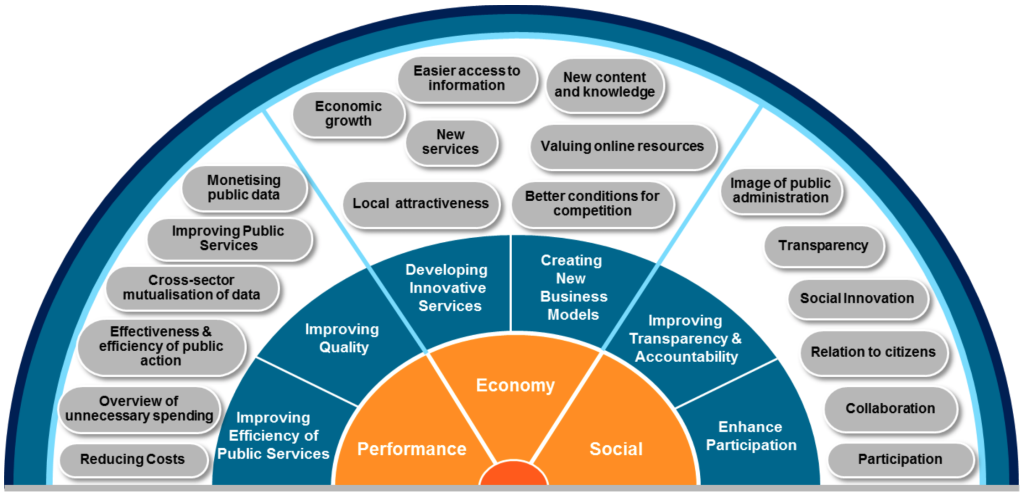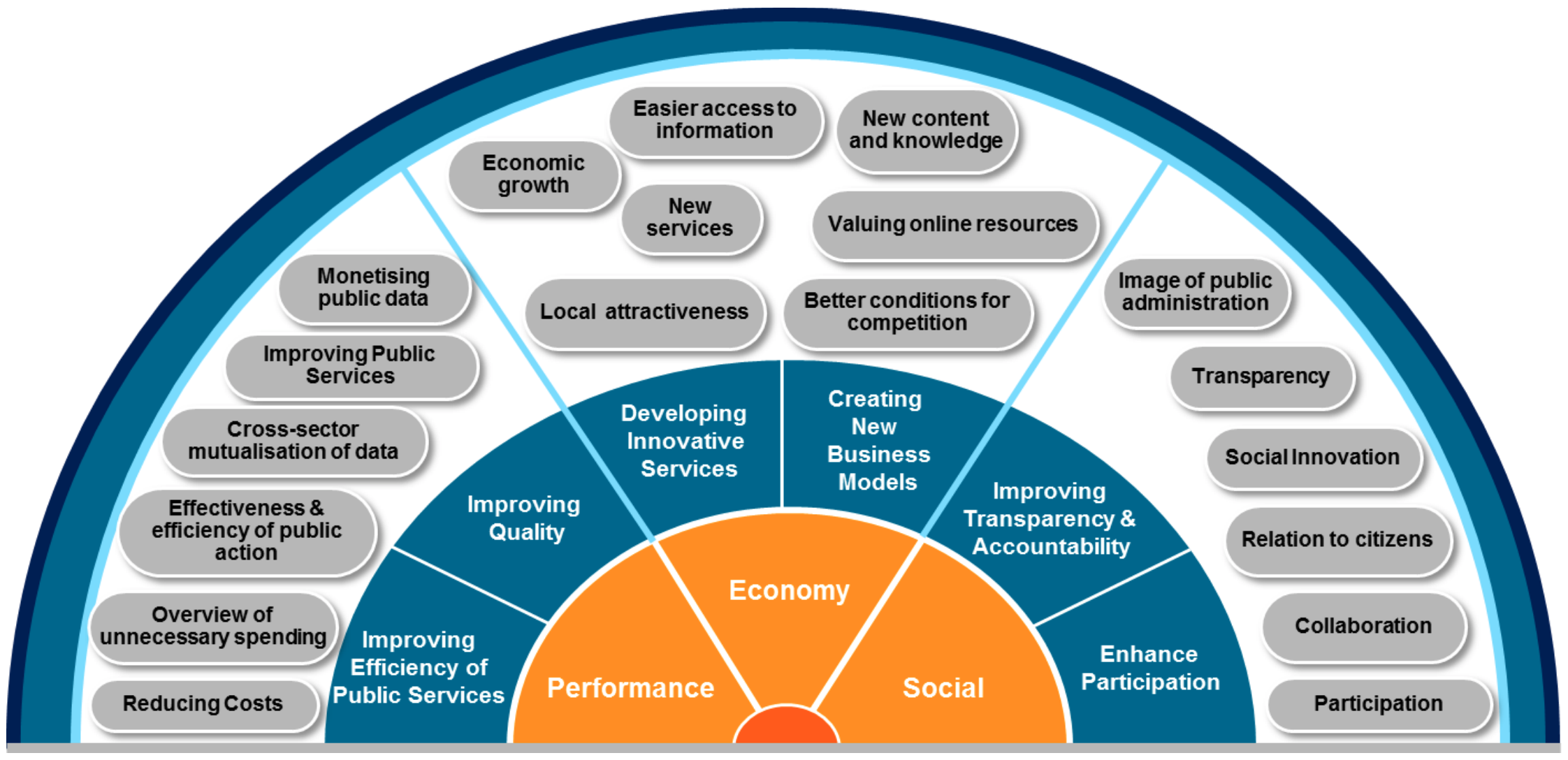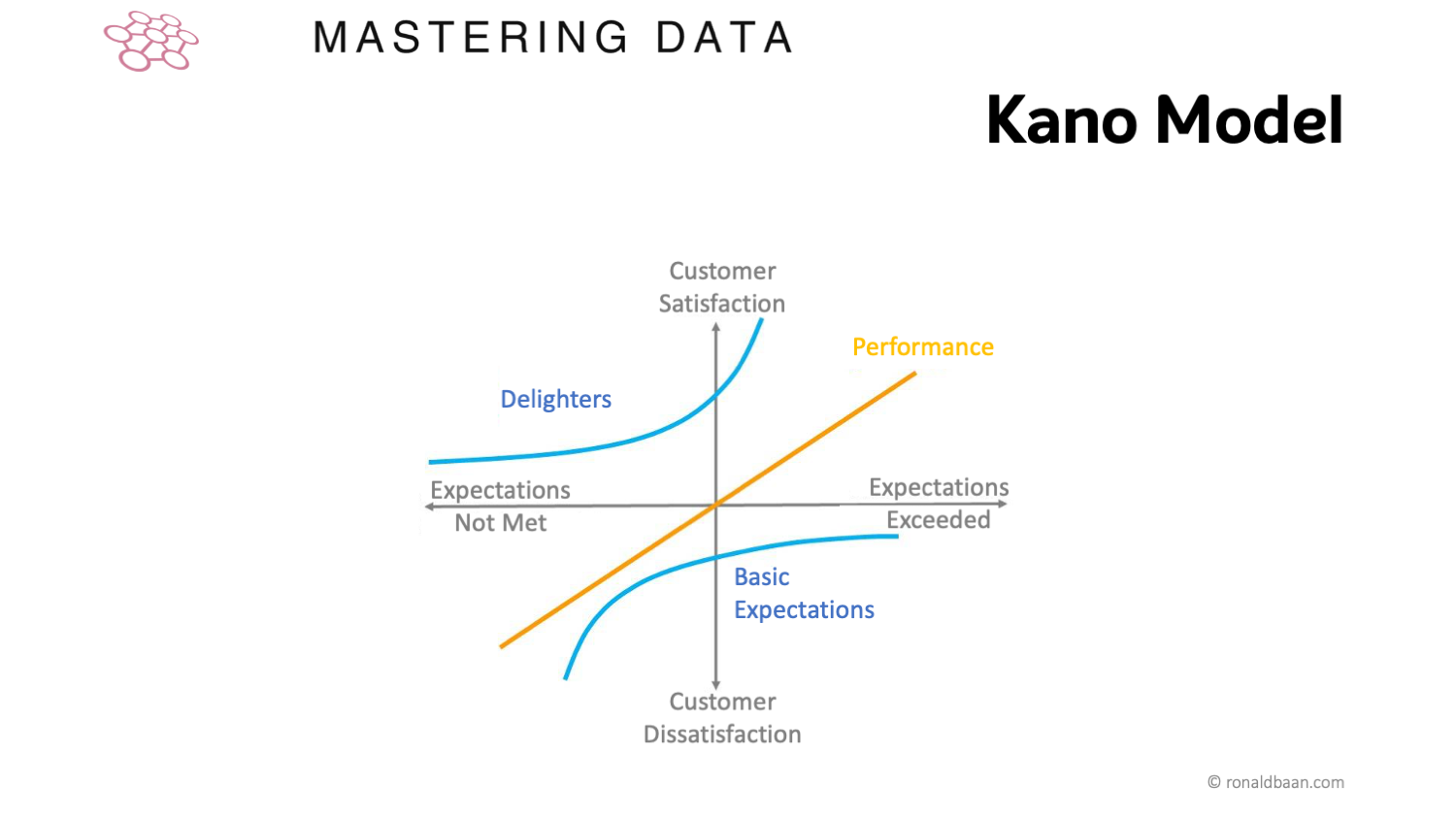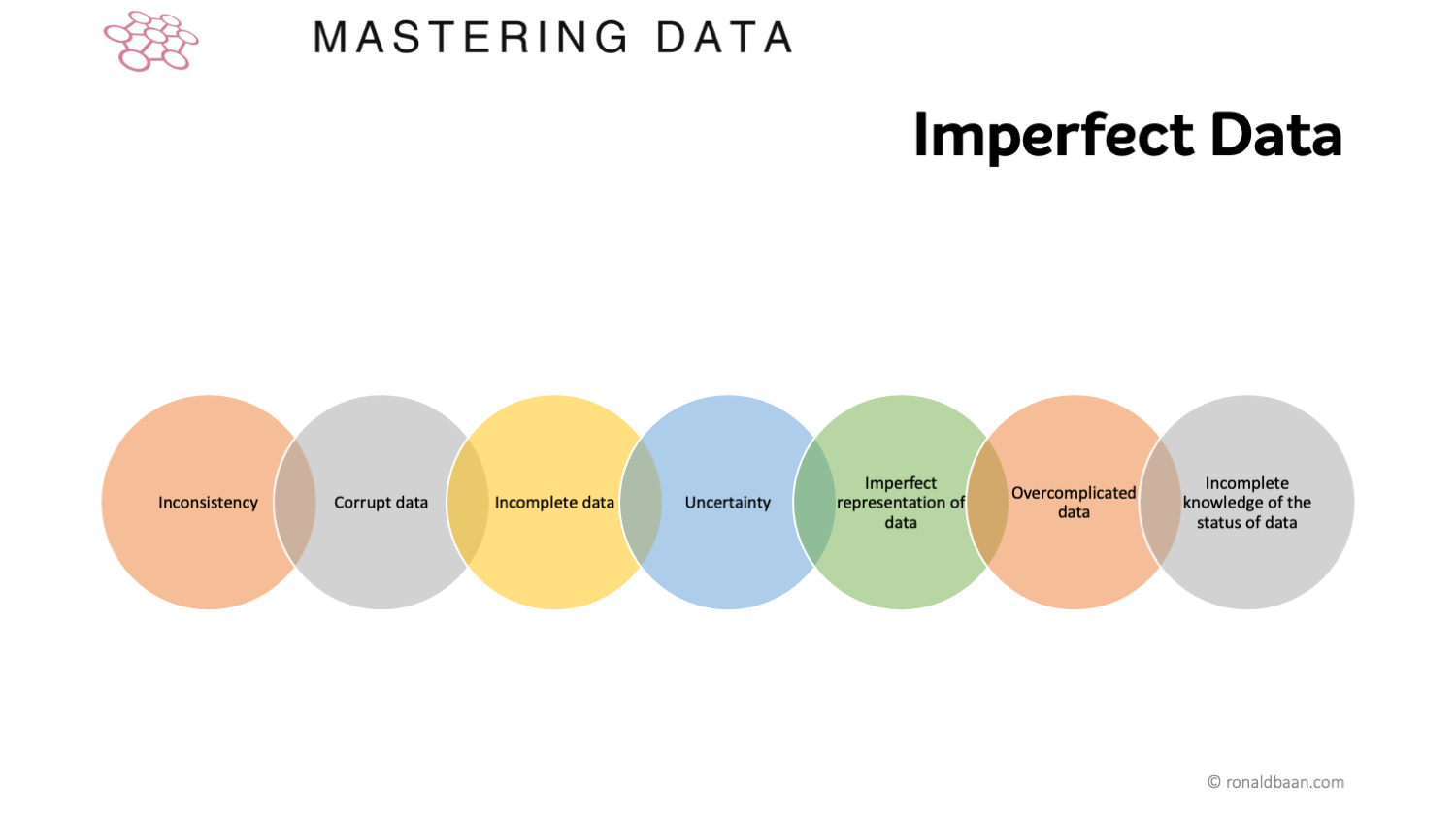Many organizations struggle with data management. It takes a lot of energy, things are not clear, difficult to figure out and the value of good data management is not seen within the organization. All “musts” and little fun.
As an entrepreneur, I struggled for years with my administration. Doing a lot myself, Excel, VAT returns on the very last day, uncertainty how things were actually going financially, a ‘will do’ financial statement by the external accountant. An energy drain, making it always a closing item.
At a certain point I was completely done with it, started studying it, started learning, bought a good package, consistently updating the administration immediately when something came in or went out and seeing the result immediately. In a short time, it was no longer a “must,” but I could see the results of my hard work for clients, trends in income and expenses, I could immediately share the financial status with others for a loan or lease, I was spending less time net on it, and I could manage investments, sales and expenses. Wow, I should have done that sooner!
It’s the same with data management. If you keep doing it half-heartedly, it’s an energy drain on the entire organization. The data management professionals keep whining that it needs to be better, the business never has time, management doesn’t see the value in it, and we don’t get anywhere. The only thing that does happen is where there is legislation or major risks involved, such as privacy and where we have active regulators. So purely defensive, no value creation.
But it can be done differently!

Tooling
There is a huge range of data management tooling that greatly supports data management activities. Make use of them. We all know that tooling alone is not the solution, and we’re not going to get lost in all the fancy complicated options, but tooling is essential because we always have more data than we think and tools can take a tremendous amount out of our hands.
Tooling is fun, eases the work and if we include the people and processes as well, it immediately opens up many new possibilities.
Dive into it
Immerse yourself with the entire organization in data, what it can do and how you want to deal with it. Don’t just look at the risks, look especially at how good data and data management can help the organization move forward, dare to dream! Remember that data-driven starts between the ears!
Exceptions are for wimps
Be consistent and consistent with everything around data. Every exception costs time and money and is going to cause unexpected problems one day (and always at the wrong time). We are in an era where data can only provide value if it is automated. There is simply too much data to still be reliable and cost-effective with all kinds of exceptions.
Show that it works
We all work with data, we all only do a piece of the whole and it is so important to show how the whole works and works better when our data is in better shape. Formulate and reiterate the vision, celebrate successes and show progress. KPIs are means and not ends, the “early adopters” are sure to get the “early majority” and “late majority” on board.
This is a transition that takes a long breath and motivation is what drives good data management.




